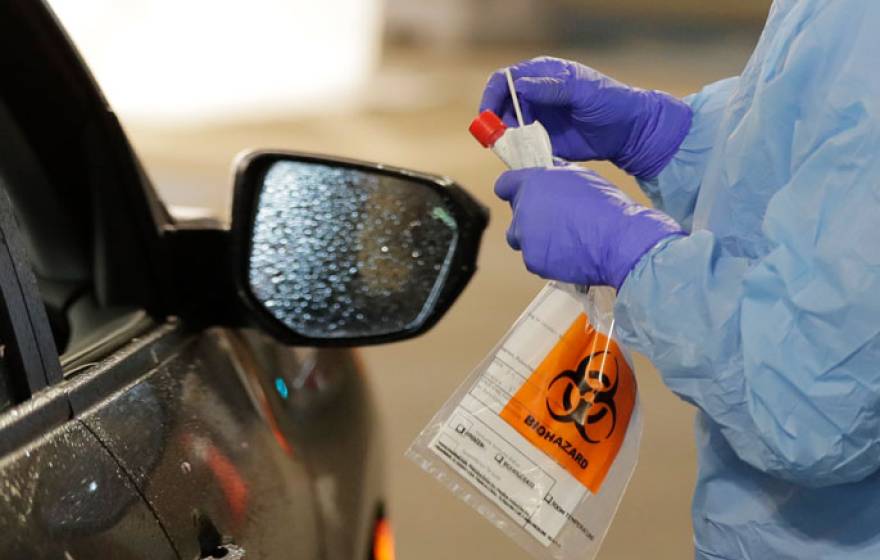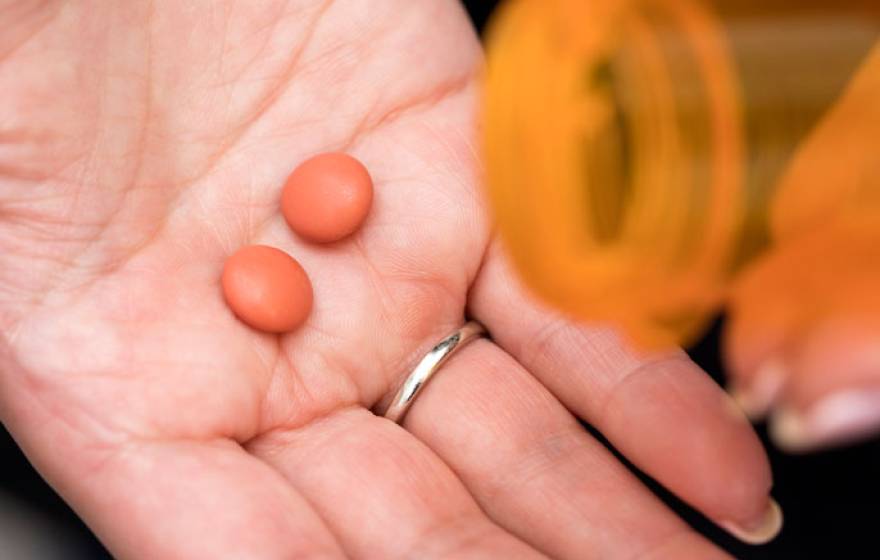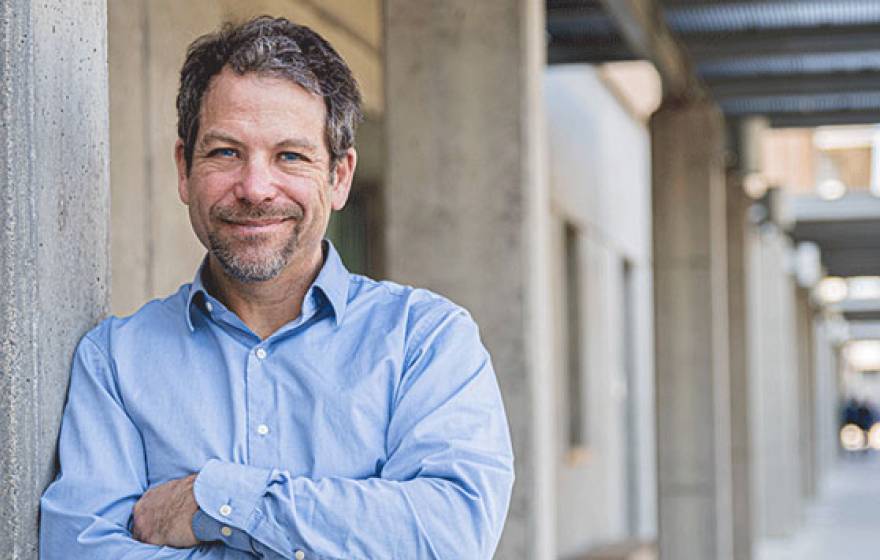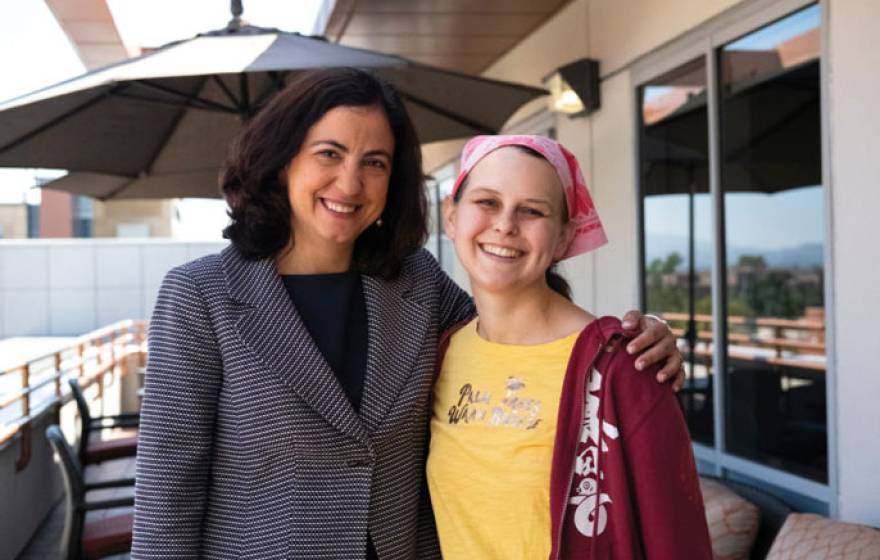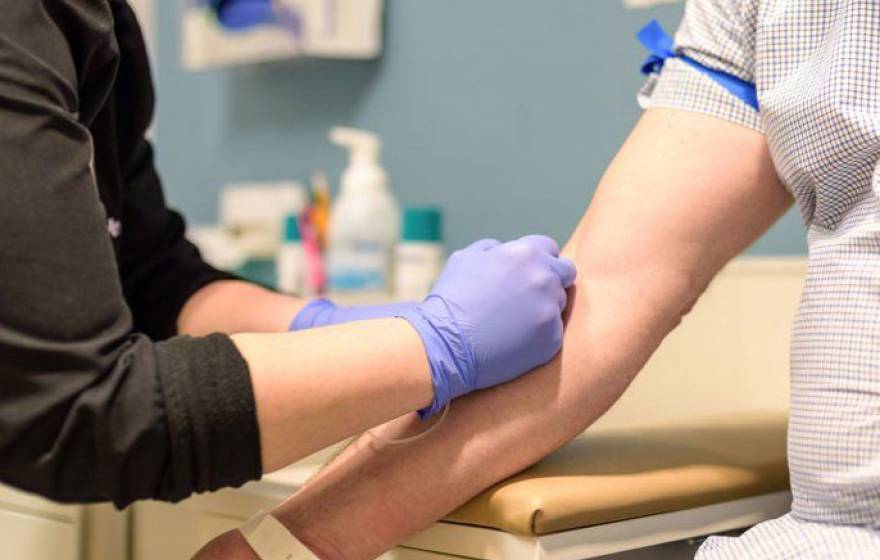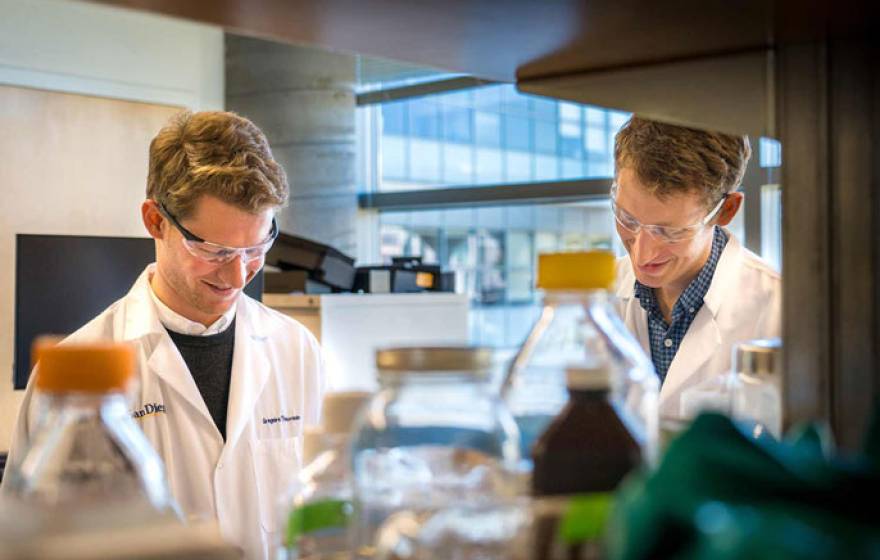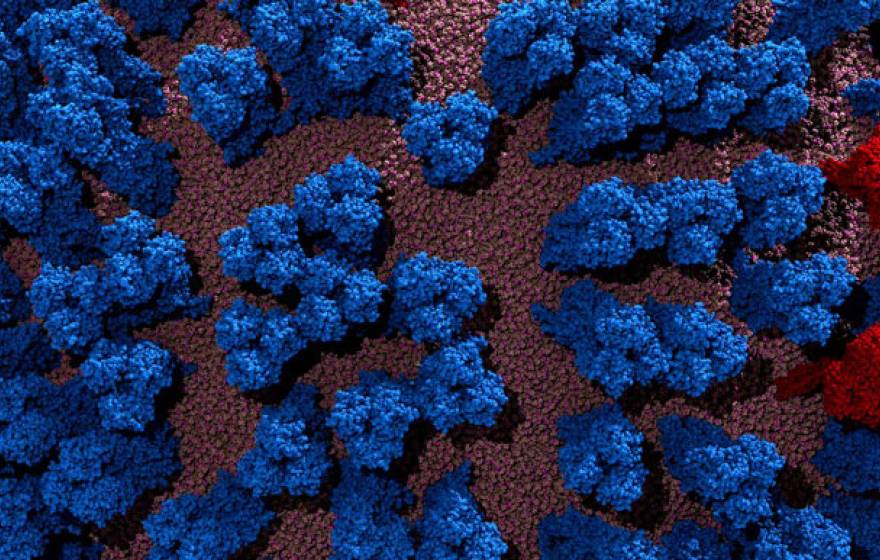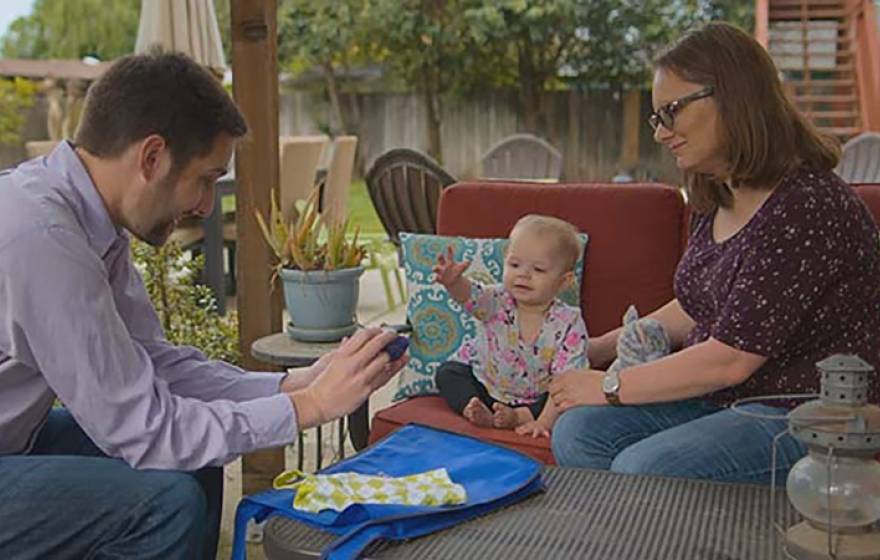The recession is likely to be more severe in California than for nation overall.
UCLA Anderson Forecast announces arrival of 2020 recession in revision of earlier forecast
On the front lines of developing a test for the coronavirus
A virus testing lab director explains how the US fell behind in the need for broad coronavirus testing.
Popular painkiller ibuprofen affects liver enzymes in mice
Ibuprofen may have more significant effects on the liver than previously thought, new research says.
Researchers forge a new weapon to fight parasites and other infections
‘It’s a first step toward fulfilling the promise of the genomics era to inform how we combat disease,’ lead researcher says.
UC experts take on COVID-19
The University of California has been on the front lines in the fight against SARS-CoV-2, the virus that causes COVID-19, since the earliest indications of its emergence in China. From top-flight medical care to groundbreaking research, UC’s scientists and physicians across its 10 campuses and five academic medical centers are part of the global effort to treat, understand and ultimately defeat the virus.
Battling brain cancer on all fronts
Dr. Daniela Bota’s pioneering work is improving outcomes for patients with the most aggressive form of the disease.
New blood test could make Alzheimer’s diagnosis easier than ever
A simple screen may soon be able to detect two common forms of dementia — Alzheimer’s and frontotemporal dementia — and tell them apart.
Scientists design way to use harmless bacteria to detect heavy metals in drinking water
The goal is to test water at the faucets people actually drink from and catch contamination along the way.
E-cigarette users are exposed to potentially harmful levels of metal linked to DNA damage
A new study suggests metals like zinc are part of the devices’ harm.
An improved implant
Researchers have developed a breakthrough cochlear device that could enable hearing-impaired people to detect pitch.
Breakthrough virus simulations tackle the flu
The new molecular models could help scientists develop more effective treatments.
New 'Babies' series on Netflix features UC Merced professor
Eric Walle explores why babies who walk have vocabularies that are significantly larger than those who crawl.

